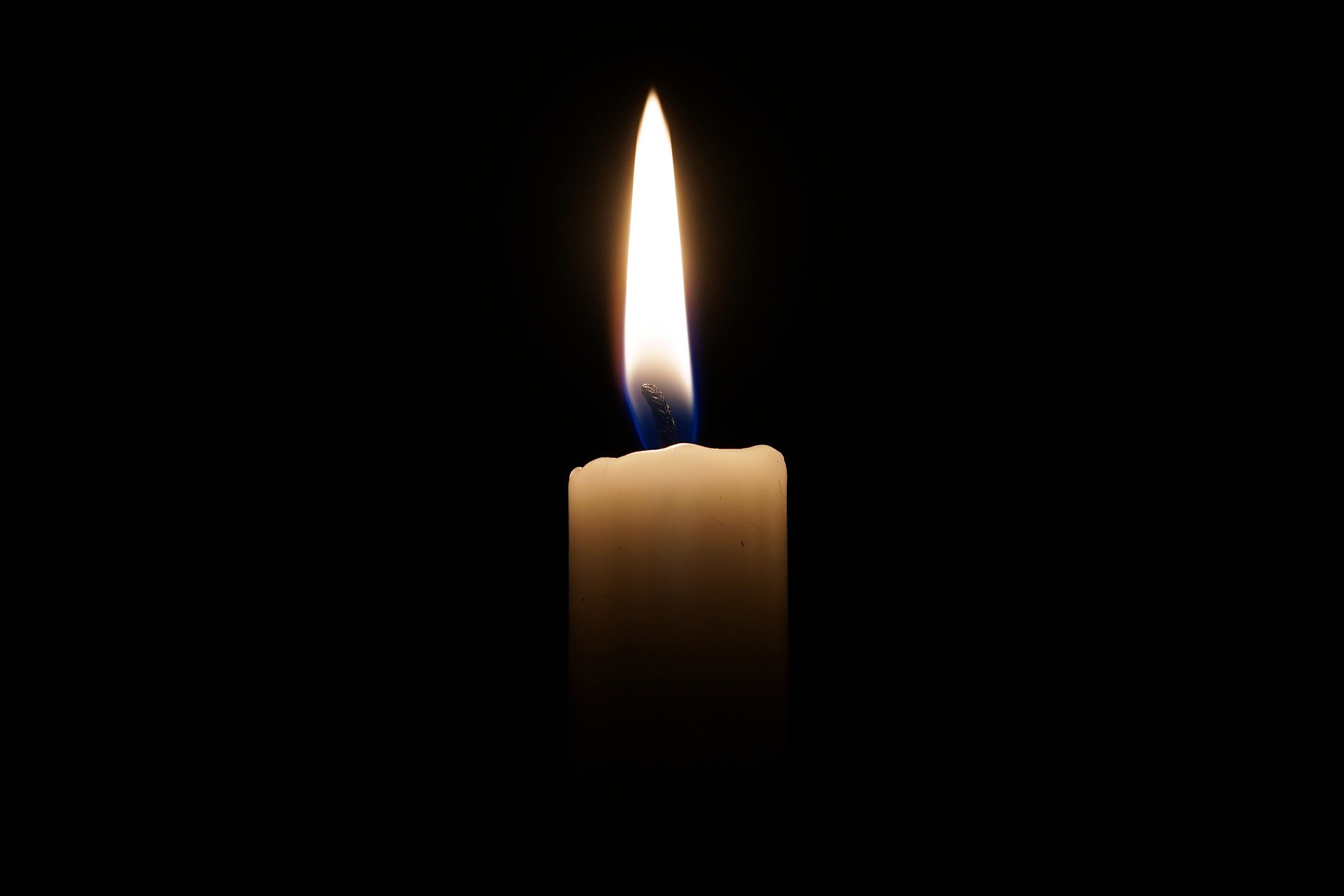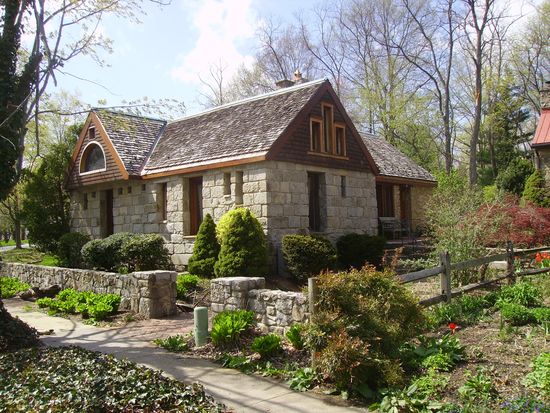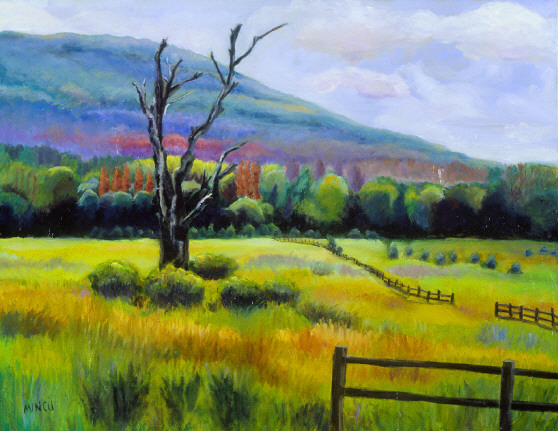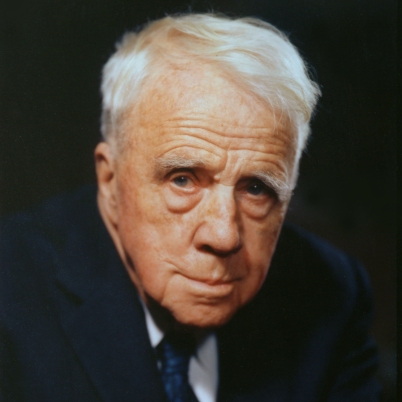The Black Cottage tells the tale of two men, the poet and a minister, who chance upon an empty cottage as they were passing by. The Minister beckons the poet towards the cottage to tell him of the story of this cottage. The cottage now lay abandoned for all purposes, the old woman who saw much history while living in it having passed away. Her sons didn’t sell of the cottage due to sentimental value and made promises to visit it once a year which they never kept. The woman was fond of talking of the Civil War (of America, 1861-65). This was the war her husband fought and died, either at Gettysburg or Fredericksburg, the Minister couldn’t remember. The old woman loved to talk and the war was one of those topics. She was a very forward thinking woman, a woman unlike her times. The Minister then talks of how he almost changed the creed of the church for the sake of the newer members. He dreams of a desert land where there would be no problem of dealing with change in society. His ideas come across as wishful thinking as a result of his inability to cope with the change around him.
The Black Cottage by Robert Frost was part of his set of poems published in “North of Boston”. This poem is written not in the form of a conventional poem divided into stanzas but from the point of the poet as he listens to the story told to him by the Minister.Thus this poem lacks a rhyme scheme.
Analysis of The Black Cottage by Robert Frost
The Black Cottage by Robert Frost is from a set of poems published in “North of Boston”. Most of the poems deal with politics on one level and human insecurities on a deeper level. Here, the Black Cottage is no exception. On the surface it’s about a historical lesson about the old woman and the Civil War but on a deeper level it deals with the human fear of change.
The poem is so named because the cottage looks a shade of velvet black due to the rain that had fallen some time ago. The Minister talks of the old woman who lived there and talked of the Civil War. After her death, the house has been falling apart. The Minister talks of how he takes the house as a mark of measuring how much had changed in the past 50 years, from the old woman talking of her husband having fallen in the Civil War to now when the house lays abandoned. This is the first time the poet brings in the theme of change in the poem.
The Minister talks of the old woman who was ahead of the times. As a woman in a Victorian society in the nineteenth century, she could have been forgiven for having conservative views. And yet, she was not only a supporter of the Civil War for it would bring America together, but was also for equality for every race. In my opinion, there exists irony in this part, as even as she was ahead of most people for her time, time has overtaken her and forgotten her, as can be seen from the state of her cottage.
The theme of Change also comes in when comparing the personalities of the Old Woman and the Minister. The Old woman, as explained above, was a progressive woman far ahead of her time. The Minister, on the other hand, was a conservative man who was averse to change. This can be seen from the lines where he talks of his dream of a land where truths can be preserved and no one has to deal with the problem of implementing change. It is truly ironical, in my analysis, that the person who was ahead of her time didn’t see to live the time when her ideals and beliefs would be shared by most, while the one who was stuck in the past, made it to the future.
Some online learning platforms provide certifications, while others are designed to simply grow your skills in your personal and professional life. Including Masterclass and Coursera, here are our recommendations for the best online learning platforms you can sign up for today.
The 7 Best Online Learning Platforms of 2022
- Best Overall: Coursera
- Best for Niche Topics: Udemy
- Best for Creative Fields: Skillshare
- Best for Celebrity Lessons: MasterClass
- Best for STEM: EdX
- Best for Career Building: Udacity
- Best for Data Learning: Pluralsight
















